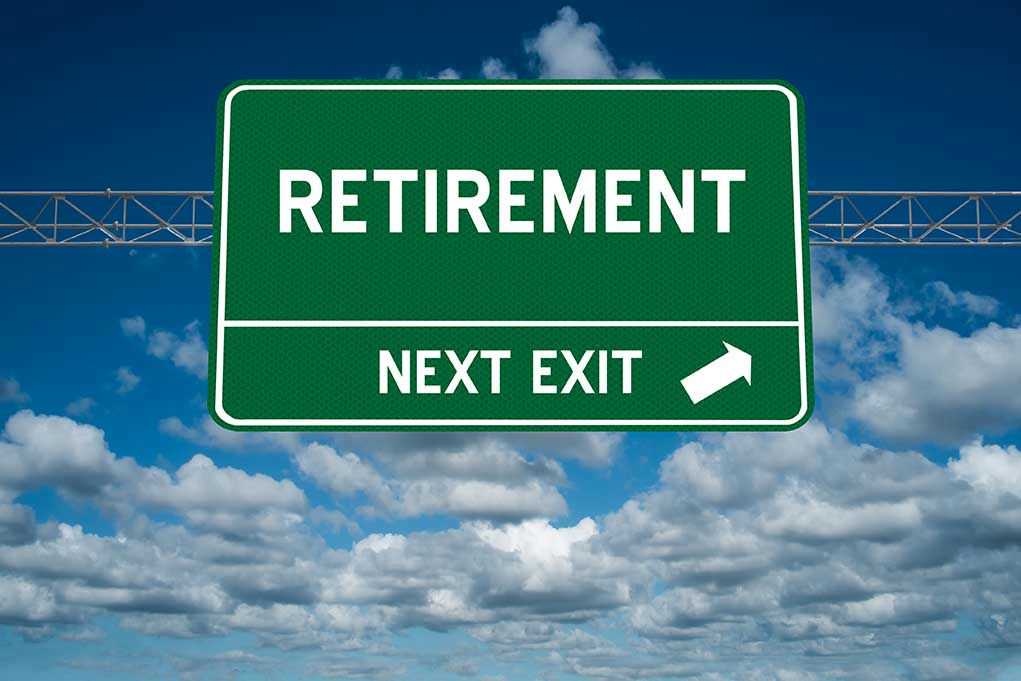Retirement Dream SHATTERED: Forced Out JUST Too Soon

Retirement used to mean gold watches and fishing trips, but now, thanks to mass layoffs and relentless economic bungling, millions of older Americans are being shoved out of the workforce before they’re ready—only to discover that the so-called “golden years” look more like a forced march across a financial minefield.
At a Glance
- Nearly 38 million Americans aged 55 and up are working—double the number from 40 years ago, yet layoffs and buyouts are pushing many out before they’re ready.
- Age discrimination and automated hiring systems slam the door on re-employment, leaving older workers stranded with outdated skills and shrinking savings.
- AARP and Indeed have launched a new job hub for older workers, but most haven’t updated their resumes or job search approach in years.
- Older workers who do find new jobs endure longer unemployment and an average 11% pay cut—if they’re even hired at all.
The Great American Layoff: Retirement by Pink Slip
The participation rate of older Americans in the workforce is at an all-time high, but you wouldn’t know it from the way corporations are handing out pink slips and “buyout offers” like Halloween candy. Nearly 38 million people aged 55 and older are working today, more than double what we saw four decades ago. But rather than celebrating seasoned experience and steady hands, employers now see these workers as budget line items to be slashed. The days of setting your own retirement date are over; now, it’s up to a middle manager with a spreadsheet, and if you’re over 50, you’re an easy target.
The COVID-19 pandemic turbocharged this trend. Layoffs and early retirements surged, with older workers finding themselves at the back of the line for rehire. The message is clear: if you’re not a digital native or willing to earn less, don’t expect a callback. Economic volatility continues to hammer seniors, especially as inflation eats away at fixed incomes, and companies chase “efficiency” by axing anyone with a decent 401(k) match.
Obstacles at Every Turn: Ageism, Algorithms, and Outdated Tools
Age discrimination is alive and well—just ask the 59% of workers aged 50 and up who say their age is a job search barrier. Employers, obsessed with “fresh perspectives,” use automated hiring systems that filter out resumes older than their latest iPhone. The result? Eighty-one percent of older applicants believe employers favor younger hires, and for good reason. Technology is a moving target, and with automated systems screening out anyone who hasn’t mastered the latest buzzwords, a lifetime of experience is worth less than a two-hour LinkedIn tutorial.
The irony is rich: while 92% of older workers are willing to learn new skills, 65% haven’t updated their job search approach in years—because who wants to write yet another cover letter begging for a job they already know how to do? The so-called “solutions” often come from advocacy groups and HR consultants, who churn out resource hubs and resume workshops that sound nice on paper but do little to change employer attitudes. Personal networks are now the only real lifeline, but even those are fraying as friends and colleagues face the same bleak prospects.
The Economic Fallout: From Financial Security to Forced Sacrifice
Getting laid off late in your career is not just a professional setback; it’s a financial gut punch. Older workers spend an average of 26 weeks searching for a new job—if they find one at all—compared to just 19 weeks for younger applicants. Those who do land new positions take an average 11% pay cut, a hit that ricochets through their retirement plans and household budgets. Many are forced to drain savings early, pause retirement contributions, or settle for “bridge” jobs that barely cover the bills.
Families, communities, and public benefit programs all feel the strain. As retirement security evaporates, more seniors lean on Social Security, unemployment, and other taxpayer-funded programs. Meanwhile, companies lose the wisdom and mentorship that experienced workers provide—but hey, at least the quarterly earnings reports look good for another cycle. The broader economy suffers as well, with decreased labor force participation and increased demand for government support, all while policymakers debate whether to toss a few more dollars into a training program or simply wish the problem away.
Can Anything Fix This Mess?
AARP and Indeed have teamed up to launch a job search hub for older workers, but let’s not kid ourselves: until employers stop seeing age as a liability, these initiatives are little more than Band-Aids on a bullet wound. Experts like Peter Cappelli and Carly Roszkowski advise older job seekers to update their resumes and network like there’s no tomorrow, but that’s cold comfort when the system is stacked against you from the start.
The root of the problem is a culture that worships youth and novelty over competence and loyalty. Until corporate America and Washington wake up to the value of seasoned workers—and stop shuffling seniors off to forced “retirement” while subsidizing everything else under the sun—the blurring lines between layoff and retirement will only get fuzzier. For millions of older Americans, the American Dream of a self-determined retirement has become yet another casualty of today’s upside-down priorities.







